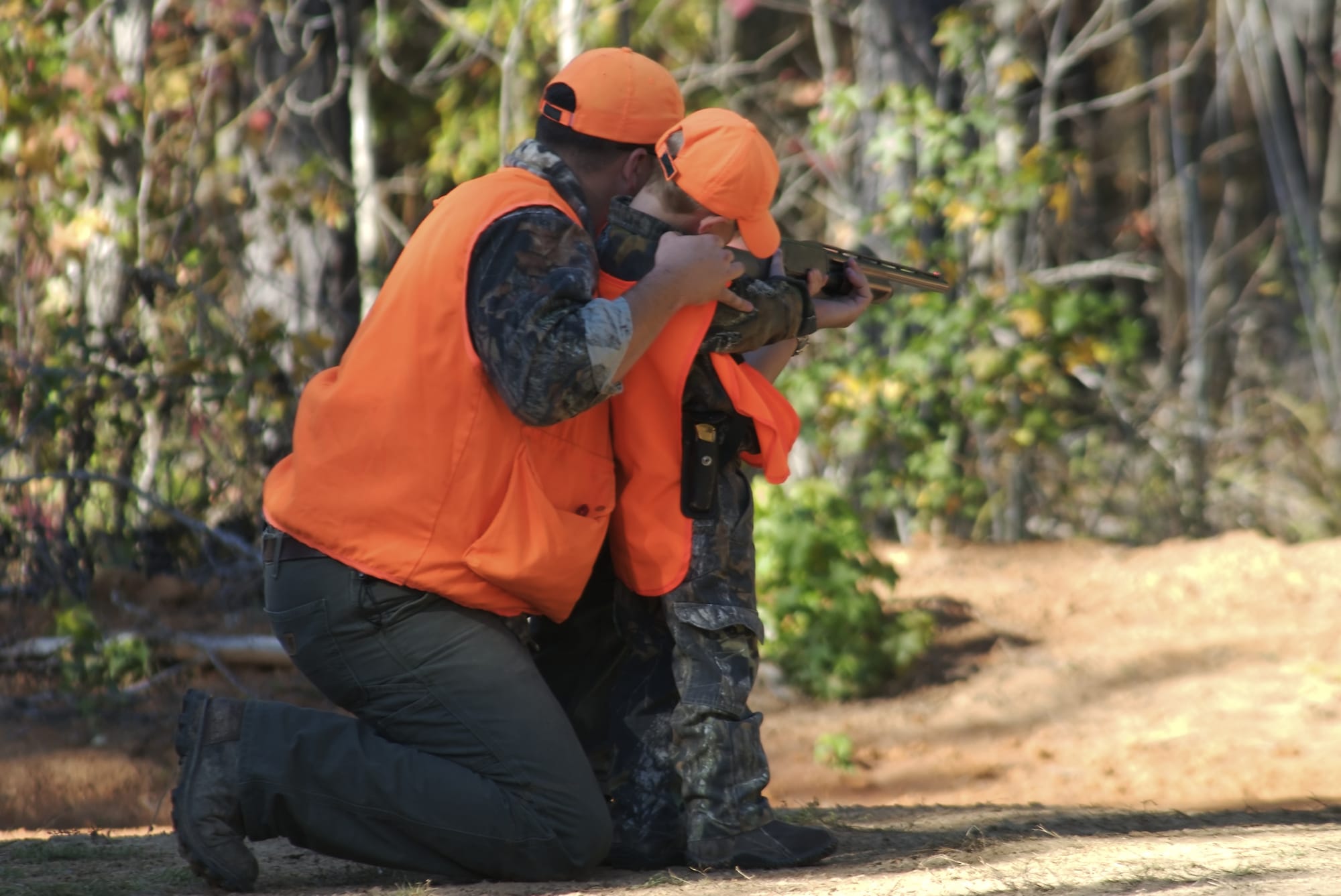Each year, around 1,000 people are accidentally shot by hunters in Canada and the US. Of these accidents, fewer than 75 are fatal.
The number of hunting accidents may be less than car accidents and drownings. But it’s still crucial to understand hunters safety nonetheless.
It’s not just accidental shootings that hunters need to worry about. There are also concerns regarding fires, broken bones, and navigation.
It’s possible to enjoy the great outdoors all while staying safe and vigilant. With hunting season upon us, know these hunting safety tips so you can prevent accidents!
Treat Every Firearm as if it’s Loaded
Gun control is usually the main concern surrounding hunter safety tips.
It doesn’t matter if you’re aiming, climbing a tree, walking, or sitting around a fire. Treat every firearm as if it’s loaded. Don’t point it towards anyone even if you know it’s not. Be sure to double and triple check any firearm to make sure it’s not loaded.
You should only point your firearm when you’re getting ready to shoot. You should only put your finger on the trigger when you are moments away from shooting.
Don’t just identify your target. Recognize and acknowledge what’s surrounding it, as well as your own surroundings.
Wear the Appropriate Clothing
The laws regarding hunter’s clothing vary in each state. Hunter orange is the safest, go-to color anyone can wear while hunting, and even trapping. In Mississippi, deer hunters must wear 500 square inches of hunter orange.
Hunters should avoid wearing colors and patterns that blend in with their surroundings. This goes for camouflage, animal patterns, black, beige, white, and earth tones.
Hunters should also dress according to the weather. It’s common for hunters to develop hypothermia in cold and wet conditions. Even if it’s in the 50’s, you should wear warm, moisture-resistant clothing.
Restock Your Supplies & Medical Kit
Rifles and bows may be the chief hunting supplies. But when it comes to hunter safety tips, don’t forget to stock up on the following supplies:
- Sound protecting headphones or earplugs (when you use firearms)
- Map and compass
- Rope
- Flare gun
- Whistle
- Hand ax
- Water-proof fire starting kit
If you’re operating a boat, make sure to have a life jacket or flotation device on deck. If you plan to kayak this season, be sure to understand kayak safety to prevent accidents.
Be sure to have a first-aid kit around at all times. Bandages, gauze, hydrogen peroxide, rubbing alcohol, and gloves are just some examples. If you
Have Your Vehicles Serviced
It doesn’t matter how you get around during hunting season. Prior to the start of the season, make sure you have a professional mechanic look at your truck, trailer, or boat.
The last thing anyone wants is to experience problems and get stranded in the wilderness.
Tell Others & Always Carry a Cellular Device
Hunter safety requires that you always prepare for potential problems. You should always consider the terrain, weather, fires, and predators as potential risks.
Before every hunt, research everything on the location, as well as the weather report. Try to familiarize yourself with the location and the terrain as much as possible.
Most importantly, you should always let someone know where you’ll be hunting. Give them as much information about your hunting route as possible. You should also disclose any alternate routes you may take.
Always charge your cellular device before heading out. Refrain from using it too much so you can save as much battery life as possible.
Practice Hunting Safety Tips Every Time
With hunting season upon us, now is the time to take preventative measures to avoid accidents. With these hunting safety tips, you can reduce the likelihood of accidents.
Know where the local hospital is wherever you go hunting. Be sure to know where your local urgent care facility is, as well. If you find yourself with non-life threatening injuries, contact us or come to our clinic in Amory, MS!

